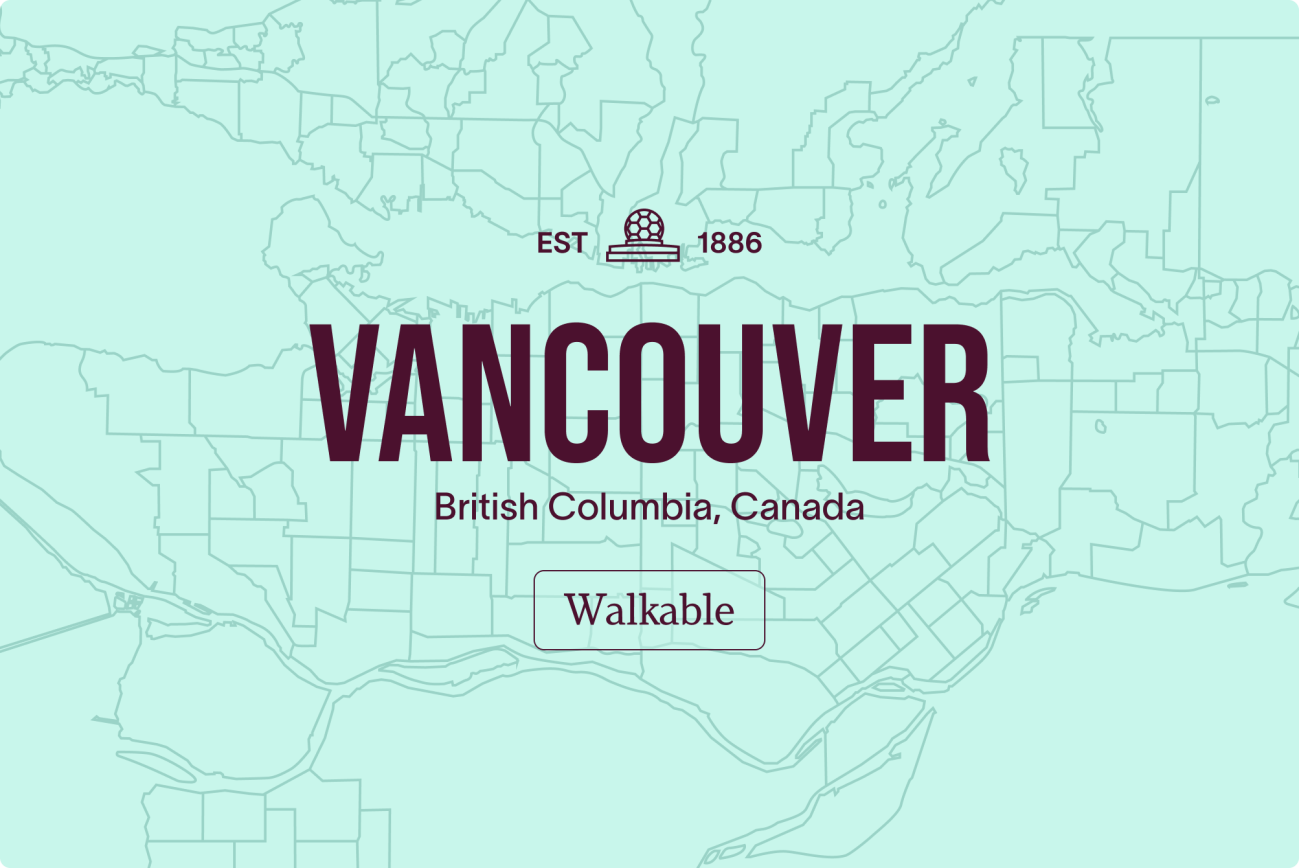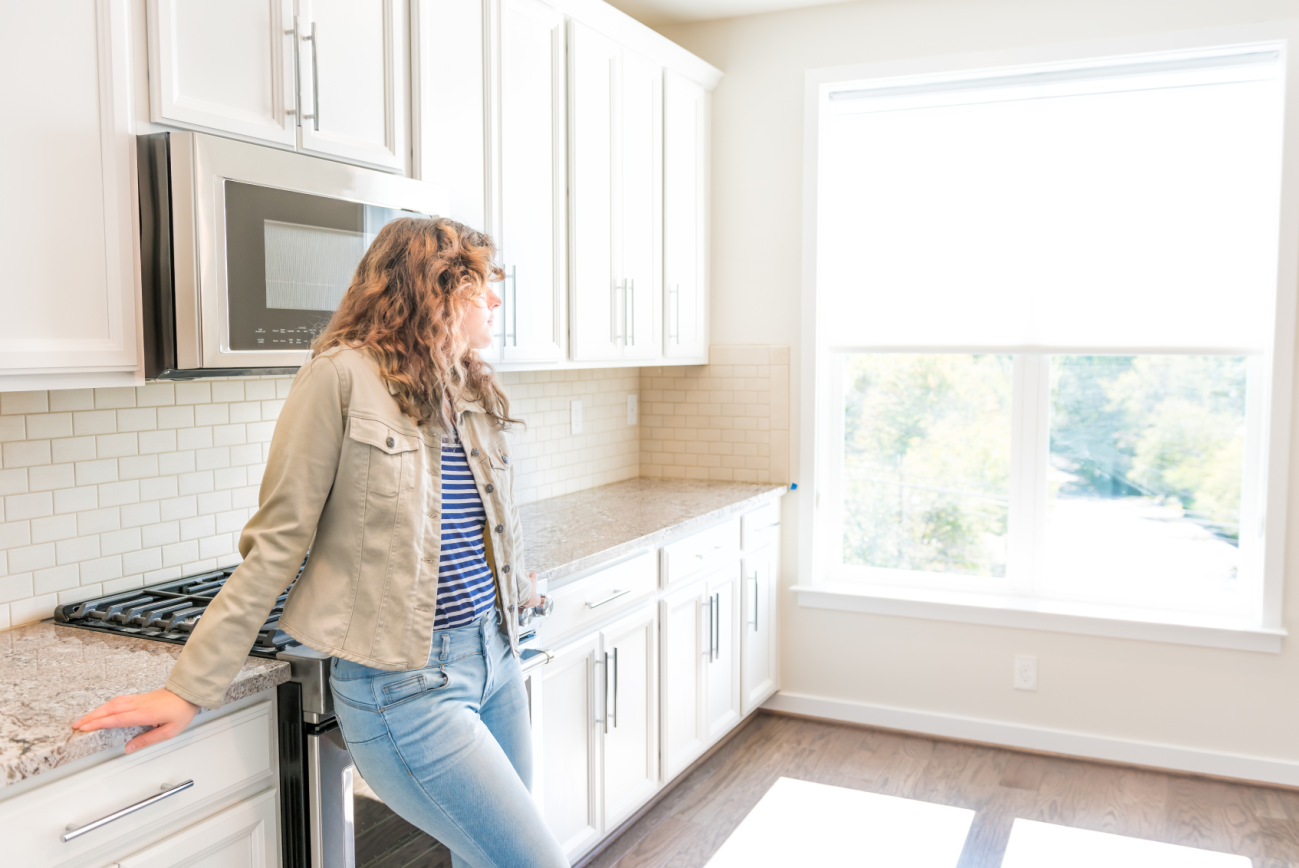It’s exciting to find a property that feels like the right fit. Once you’ve found a place you love, you’ll likely be eager to commit and move in. But make sure you conduct a thorough, professional home inspection first to ensure you avoid any unwanted surprises and get a clear picture. A home inspection is an important step of the buying process because it offers the security of truly knowing everything you need to know about the state of your home before you buy.
What is a home inspection?
A home inspection is performed by a professional home inspector who will analyze and report on the overall condition of your home. Think of it like going to get a checkup at the doctor, where your overall health is assessed. At the end of an inspection you’ll get a report to see if anything else needs investigating, and whether your home appears to have good bones. A standard home inspection will provide a report on every aspect of the house, including electrical, insulation, heating, cooling, plumbing, and the exterior and interior of the home.
Do I need a home inspection?
A home inspection protects you and your investment. While it’s not required by law, an inspection is recommended in every Canadian province. Even if the previous owners performed an inspection, you’ll want to do your own due diligence to get a thorough understanding of your new home. A pre-purchase inspection is also recommended on newly constructed homes, even though a new home warranty (or “new home guarantee” in Quebec) covers new construction in most Canadian provinces. Especially with older homes, a home inspection can reveal deeper issues or the need for expensive renovations. Dishing out a couple hundred dollars for an inspection could save you major costs down the road or dramatically affect the true value of the home you’re buying.
When does an inspection take place?
A home inspection generally takes place before closing, so there’s time to renegotiate or even terminate the contract if the inspection uncovers concerns regarding the physical structure or core systems of the new home. When you make an offer, your contract often includes a contingency that relies on a verified home inspection to ensure your new home is up to standard and gives you the option to back out if there are any deal-breakers found in the inspection. If you’re selling your home, you might have an inspection done beforehand so you know what kind of repairs will be needed. Then you can get these repairs done yourself, or leave them for the buyer to address. Either way, having a sense of your home’s health and integrity gives you a clear sense of what kind of contingencies your buyers might bring up before they buy.
Who pays for a home inspection?
The buyer typically pays for a home inspection before they close on a new home. This allows the buyer to choose a trusted home inspector and to review the report themselves to note any issues. If you decide to have a home inspection before you sell your home, you’ll pay for it yourself and the buyer will likely still choose to do an additional inspection themselves.
Why is an inspection so important?
A home inspection ensures that your money is well invested and that you don’t encounter any unwanted surprises once you’ve purchased your home. Without an inspection, you could discover mold, flooding, or a foundational issue that’s incredibly costly to fix. An inspection also provides you with a maintenance report that every homeowner should have. The report will point out any defects or necessary repairs your home needs. If you’ve had a new home built, an inspector can ensure that the builder has fulfilled all contractual obligations. Hiring someone who’s skilled and trained to notice defects, damage, or future issues lets you forecast future costs and needs for this property. Home inspection matters because it lets you look beyond the surface to see the true health of the home and what you can expect from it, and what you’ll need to pay beyond the costs you’re expecting.
How long does a home inspection take?
Most home inspections take 2-4 hours for a 1500-2000 square foot home. The size and type of home you have defines how long an inspection takes. Most people will stay on site as the inspection takes place, doing a walkthrough when it’s complete with the inspector so they can point out anything distinct that they noticed.
How much does a home inspection cost?
The cost of your home inspection depends on the square footage, location, type, construction, and age of the house or property being assessed. Bigger homes typically cost more to inspect. Some homes will also require additional inspection of systems like HVAC, sewage, and additional electric components, which can add to the cost. Most home inspectors offer a free inspection estimate and a clear sense of what’s included. Your real estate expert can help give you a ballpark estimate of home inspection costs in your area. A typical home inspection cost in Canada ranges from $250-$800 depending on the size, age, and type of home.
How to choose a home inspector
When you’re hiring a home inspector, choose an impartial party to make sure that deficiencies aren’t missed or overlooked. Your real estate agent should be able to recommend a home inspector and can attend your home inspection to help field questions, translate anything that’s confusing, and ensure all your bases are covered. This helps avoid any miscommunication. When you’re hiring a home inspector, look at their ratings, track record, qualifications and training, certification, experience, referrals, and references. The Canadian Association of Home and Property Inspectors (CAHPI) maintains rules and codes for its members, so choosing an inspector who is a CAHPI member can provide extra security.
What to look for in a home inspection
You should expect to find issues during the home inspection, but ask questions to understand what the issues mean in the big picture of your home’s future. Remember that every home inspection will expose flaws, defects, or concerns with the home, the key is to understand the severity, costs, and implications of them.
- Bring a camera or phone to take pictures or videos, as it may be useful to reference or review what the inspector discovered at a later time. This will also help you provide a visual aid for yourself when you’re reviewing the report with your agent or fellow buyers.
- Bring along any useful documents like a disclosure agreement, inspection paperwork, contracts, or other paperwork.
- Ask the seller for manuals and guides for appliances or systems for the home, including any codes or information you’ll need to access the home. In many cases, your real estate agent will do this part for you.
- Remember your home inspection will differ based on the location, age, size, and type of home being inspected.
Ask questions during your inspection
It’s wise to stick around and ask questions during your home inspection. The best information you’ll get from an inspection often comes from spending time with the inspector and understanding their process. They might offer insights and clues during the inspection that you wouldn’t glean from the final report.
If you’ve taken a look around yourself, you can also ask specific questions. For example, if you noticed a crack in the foundation and show it to an inspector, they might reassure you that it’s a normal sign of aging or highlight that it points to a shifting foundational issue. They may be able to give you deeper insight into the history of the home and whether the plumbing or electrical systems will need to be replaced. Being engaged in the home inspection process helps you get all the information you need to make smart decisions. Don’t be shy! Make sure you understand your new home completely and know what every part of the report implies.
Property inspections
You may need to hire a property surveyor if you have a significantly sized backyard, outdoor space, or if you’re purchasing land. Home inspectors will check for major signs of damage or concern surrounding the home, but they might not be looking at surrounding structures or outdoor space unless specified. Grading, drainage, and sewage issues can be evident with a property survey. If you’re outside with a property inspector, you can point out dry patches in the lawn or signs of potential issues to ask what they see, or if they’d recommend a property inspection to check them out more thoroughly.
Home inspection checklist
A home inspector provides a holistic overview of all aspects of your home to establish what might need to be improved or require further attention or repairs. Here’s what an inspector will be assessing:
- Foundation and home structure
- Basements and attics, including insulation
- Heating and central air systems
- Electrical and plumbing systems
- Gutters, drainage, and roof systems
- Ceilings and walls
- Doors and windows
- Crawl spaces, closets, and safety protocols
What happens after a home inspection?
Any issues raised during inspection might require further investigation. Standard home inspections focus on the overall health, safety, and integrity of the home. They rely on the experience of your home inspector, who’s making a visual assessment based on what they see. But any red flags or areas of concern that come up during inspection may require a more specialized home inspection. If an inspection is a visit to the doctor, a specialized inspection is like being referred to a specialist for an MRI, or further examination to see what’s really going on.
Specialized vs. standard home inspection
Specialized home inspections can investigate mold, mildew, pests and rodents, asbestos, radiation, sewer or septic systems, or methane. If your home inspector raises concerns about the integrity of the roof or foundation, you might also want a specialized inspection to look into the condition of the roof or the severity of the foundational issues to understand what kind of renovations you’ll need. If you’re purchasing an older home, you might want to hire a specialist to check out sewer systems and pipes to check for lead and to get a sense of when they’ll need to be replaced. Ask questions about what will solve the problem to understand if the remedy will cost you a couple hundred dollars or tens of thousands.
Real estate contracts and contingencies
A solid real estate contract includes contingencies that allow for renegotiation or termination based on more severe issues found during the inspection. Basically, a way out in case you find crucial issues during your home’s health check. Consequential defects could result in pricey labour or repair costs, so preparing for this possibility financially and contractually will protect you as you move through the purchase and closing process. You may ask the seller to cover these costs or fix the repairs before you close, or you may choose to walk away from the deal entirely. If you’re making an offer in a seller’s market, you might waive these contingencies and take on the risk that major repairs are needed. Your final walkthrough will also provide a last look to check for anything that’s changed or may have been missed during your inspection.
Houseful can help you find a home with good bones
Houseful provides personalized guidance for your real estate journey. Personalize your search by selecting home features most important to you. Our dedicated team of experts offer support from initial planning through moving day, and our blog is full of articles to help you plan.
Start your home search with Houseful.




